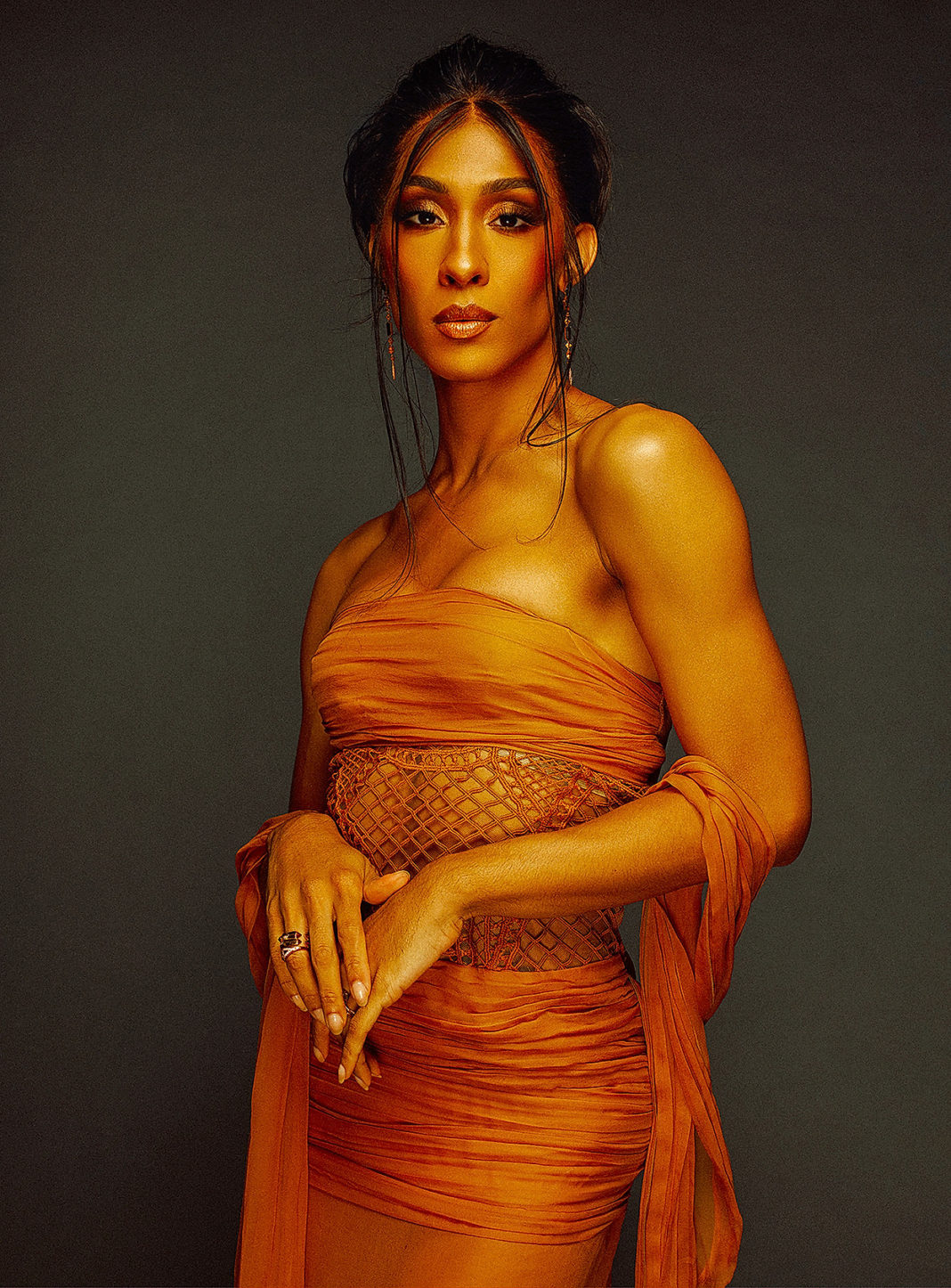Eleven LGBTQ+ Musicians and the Albums That Transformed Them
Pride celebrations often feature a ubiquitous anthem that encapsulates the spirit of the season. Last year, Kylie Minogue’s “Padam Padam” reigned supreme; this year, Charli XCX’s “Brat” is taking center stage. Music, regardless of genre, fuels the creative energy within the LGBTQ+ community. Crucially, it facilitates self-understanding and the celebration of love for LGBTQ+ audiences. Pride is both a liberation and a celebration, and music serves as a powerful tool for self-discovery.
In honor of Pride 2024, we spoke with several prominent musicians—including Kehlani, Big Freedia, and Tinashe—to uncover the albums that significantly influenced their lives and the memories tied to those musical experiences.
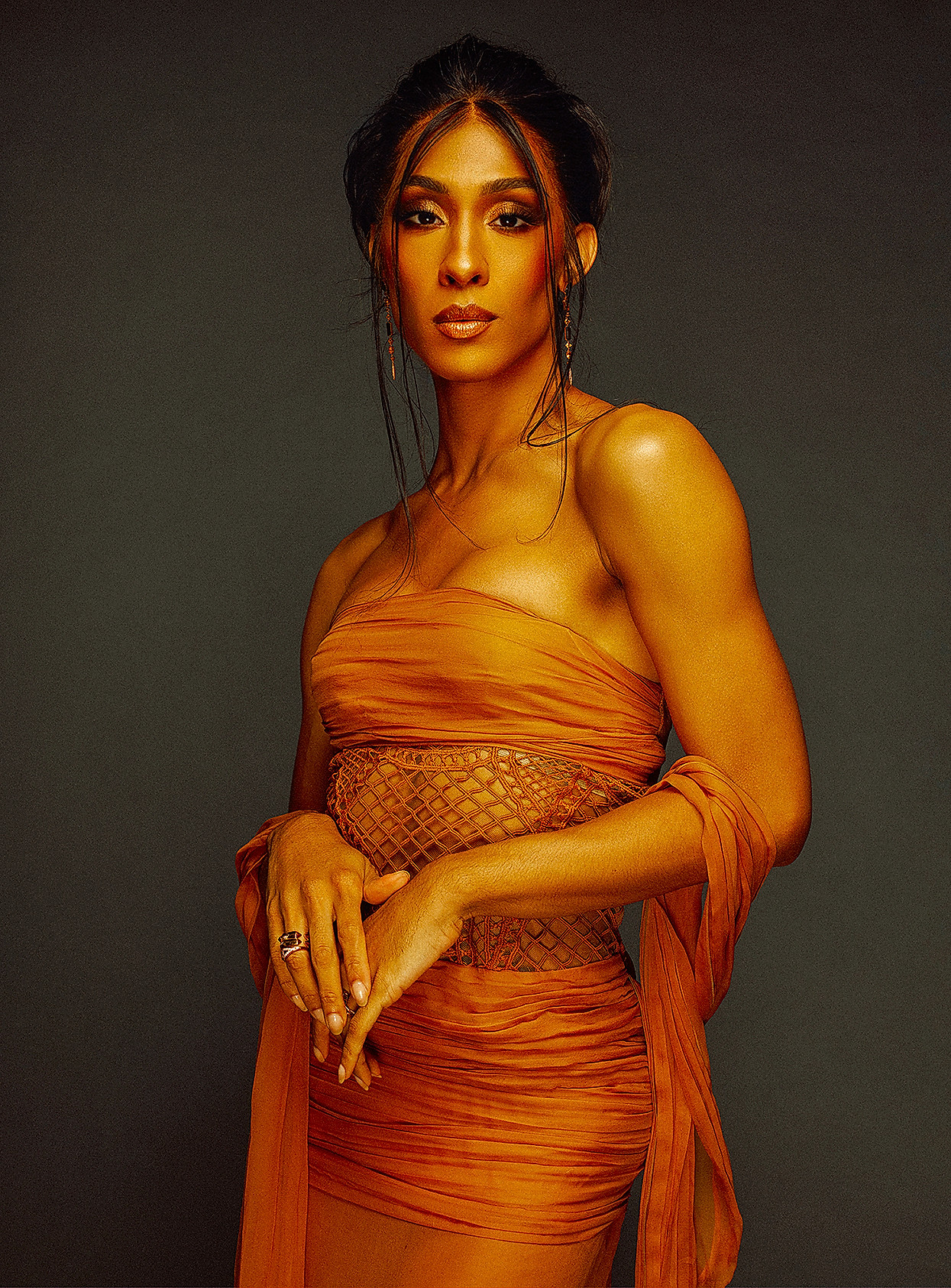
Michaela Jae Rodriguez: The Miseducation of Lauryn Hill by Lauryn Hill (1998)
Lauryn Hill’s personal narrative, conveyed through her music, deeply resonated with me. This album played incessantly in my home. (Interestingly, my uncle and Lauryn attended the same elementary school in Newark, New Jersey!) I was a first-grader in Jackson, New Jersey, when her single, “Doo Wop (That Thing),” was released. My cousin Renee and I were immediately captivated. The music video’s arrival further intensified our enthusiasm. We had been watching *Sister Act 2: Back in the Habit* repeatedly, and we were already fans of Hill’s work.
This album’s impact stemmed from Lauryn’s honest portrayal of her life experiences: the triumphs and struggles, the power of love, motherhood, and childcare. She also addressed societal and industry issues. The album provided valuable insight into my identity as a queer person of color and how the world might perceive me, all while being exceptionally enjoyable. I remember intensely listening to “Everything Is Everything” alone in my room, singing along at the top of my lungs. This song’s strength lies in its realistic portrayal of the world’s complexities. Whether we choose to cooperate or resist, the world continues its course.
Music is integral to my life; it’s in my blood—and hence, its significance to Pride. Before acting, I was raised and trained musically. I view music as a powerful tool to positively influence people globally, particularly through uplifting messages. Therefore, why not spread positivity during Pride month?
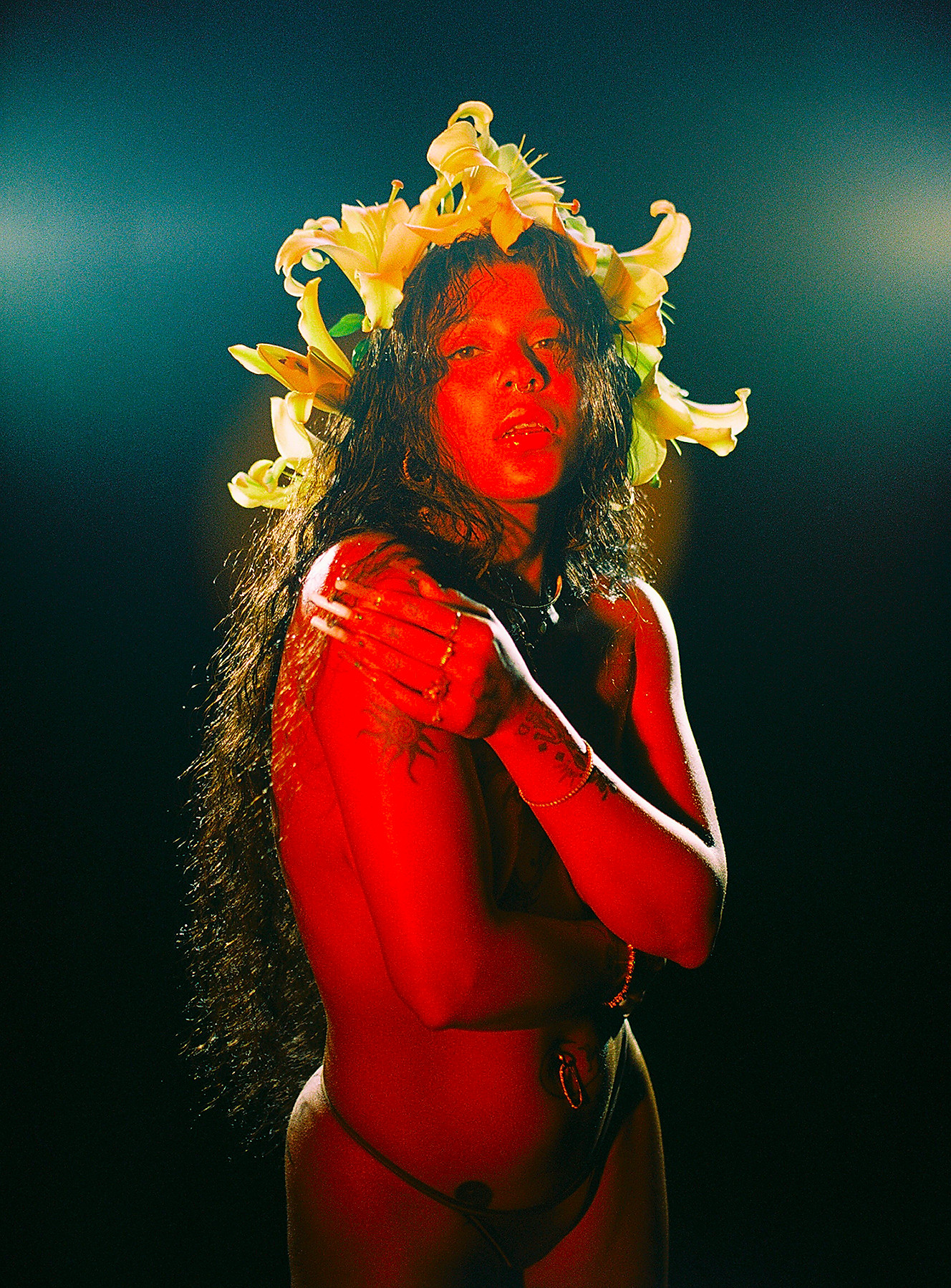
Tokischa: Rihanna’s Entire Discography (2005–Present)
Rihanna’s complete discography has profoundly inspired me. Each album reflects a unique phase in her artistic journey, and her music helped me define my identity—not just as an artist, but as a person. Witnessing her performances, singing along, and absorbing her music’s emotional depth left me awestruck. These moments revealed a connection that transcended admiration; it was my soul proclaiming, “You are an artist!”
I used to obtain music by requesting downloads from a movie store employee. I specifically requested Rihanna’s entire catalog. The anticipation of hearing her voice for the first time was thrilling. I printed lyrics and read her biography; I watched her live performances and attempted to imitate her dance moves, but I soon recognized that it wasn’t dance but her singing and performance that truly resonated with me.
Music embodies freedom for me; the freedom of self-expression without restrictions or shame. Music allows genuine authenticity within myself and my community, enabling me to celebrate my identity and connect with like-minded individuals.
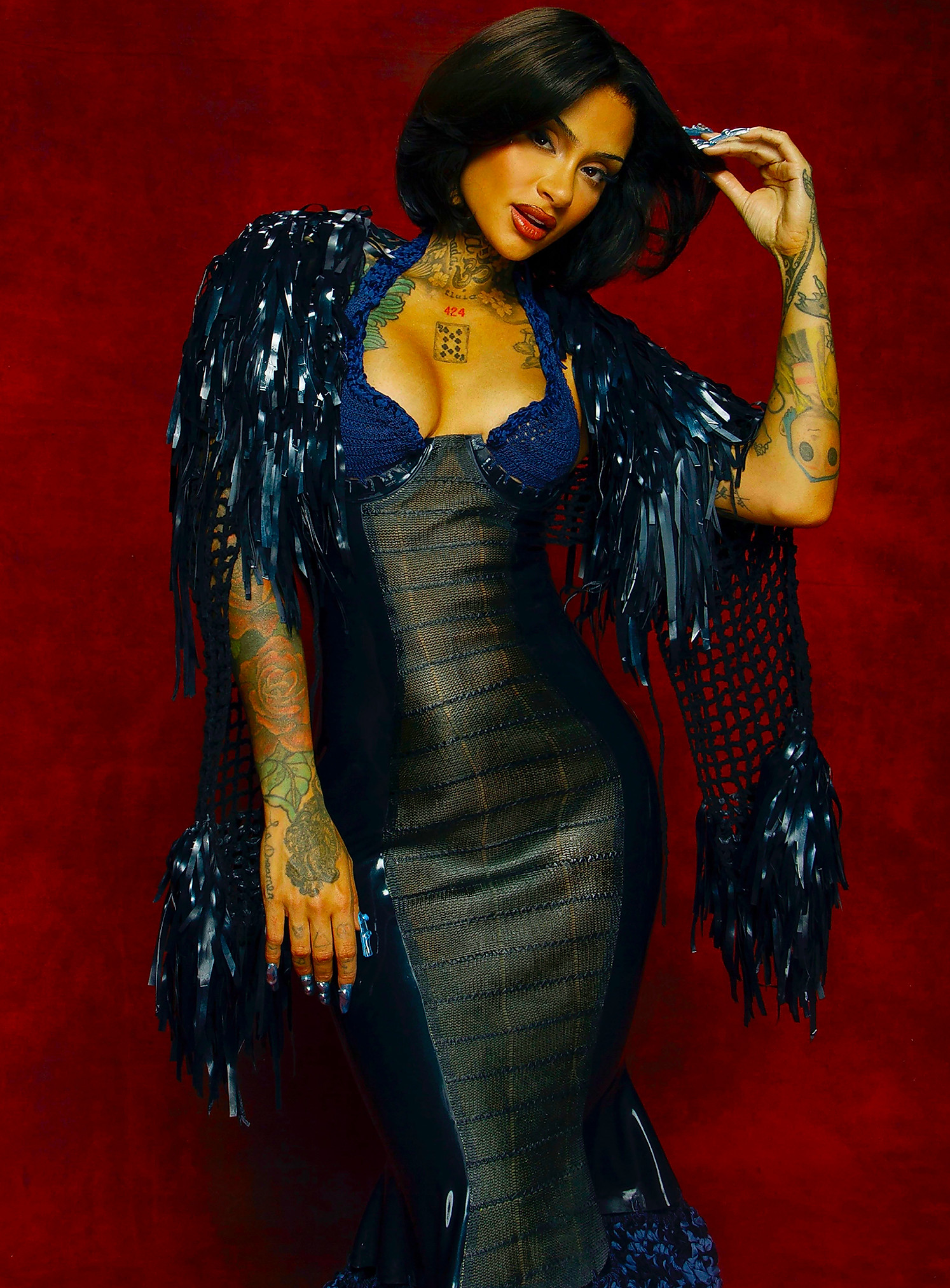
Kehlani: Full Moon by Brandy (2002)
Music plays a significant role in Pride because it embodies pure joy. Pride is revolutionary, and art is essential to revolution and liberation; joy is inherently liberating.
Brandy’s *Full Moon* profoundly changed my life. Witnessing an artist who had already established herself in R&B become a genre-bending pioneer in crafting a new form of R&B, contemporary and futuristic for its time, was transformative. I don’t recall the exact circumstances of first hearing it. I was young, but I remember diligently practicing the vocal runs and striving to master them.
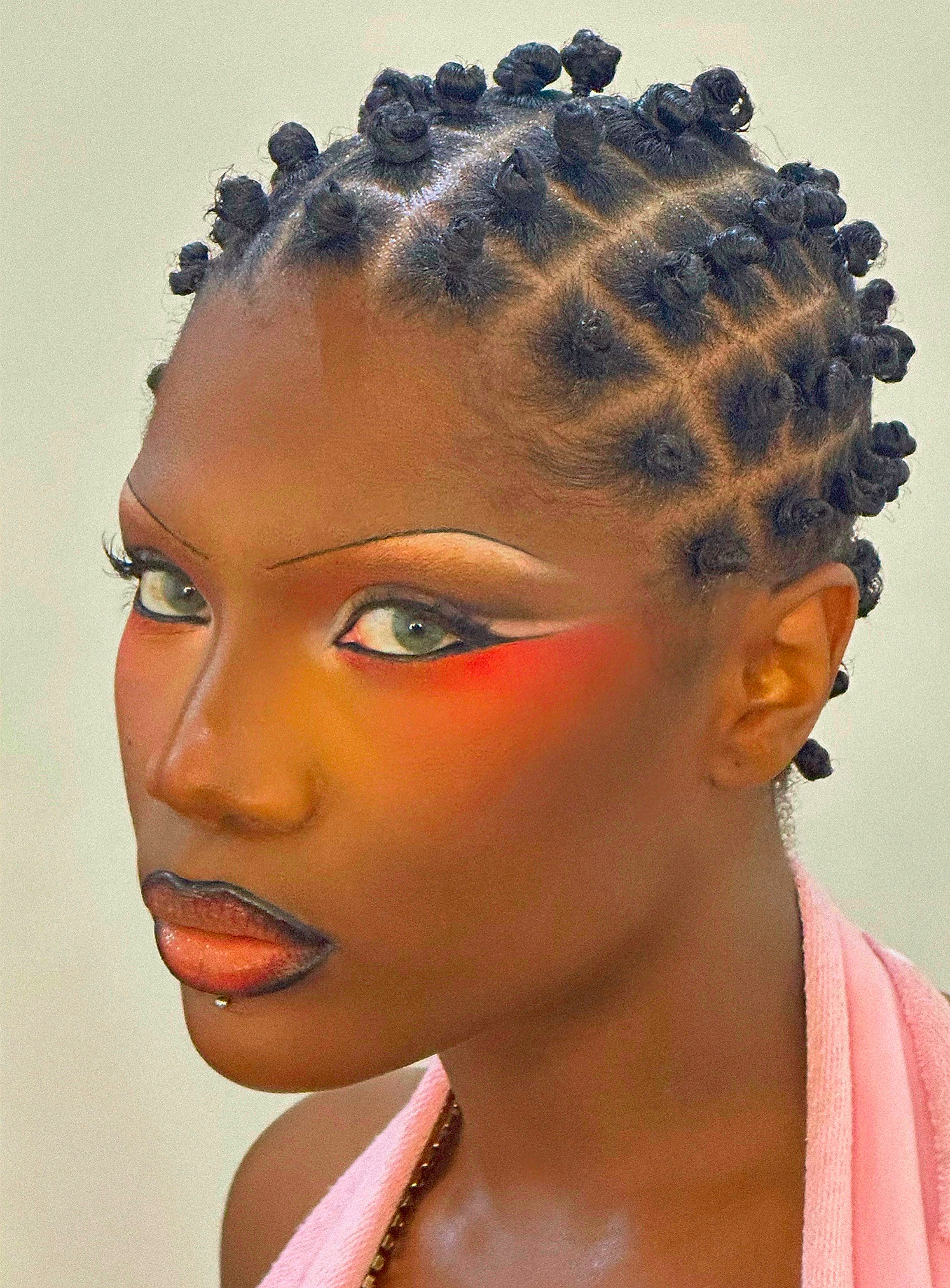
Doechii: My Beautiful Dark Twisted Fantasy by Kanye West (2010)
My Beautiful Dark Twisted Fantasy profoundly impacted my life and artistic development. It instilled in me the belief in boundless musical possibilities. Hearing this album for the first time in eighth grade is a moment permanently etched in my memory. The music and its effects remain deeply ingrained in my consciousness.
Music functions as a medium for self-expression and empowerment. It transcends barriers, uniting people from diverse backgrounds through shared emotions and experiences. For me, music epitomizes Pride’s essence by embracing authenticity and individuality. Music offers me solace, strength, and a sense of community, reinforcing my identity and pride in who I am.
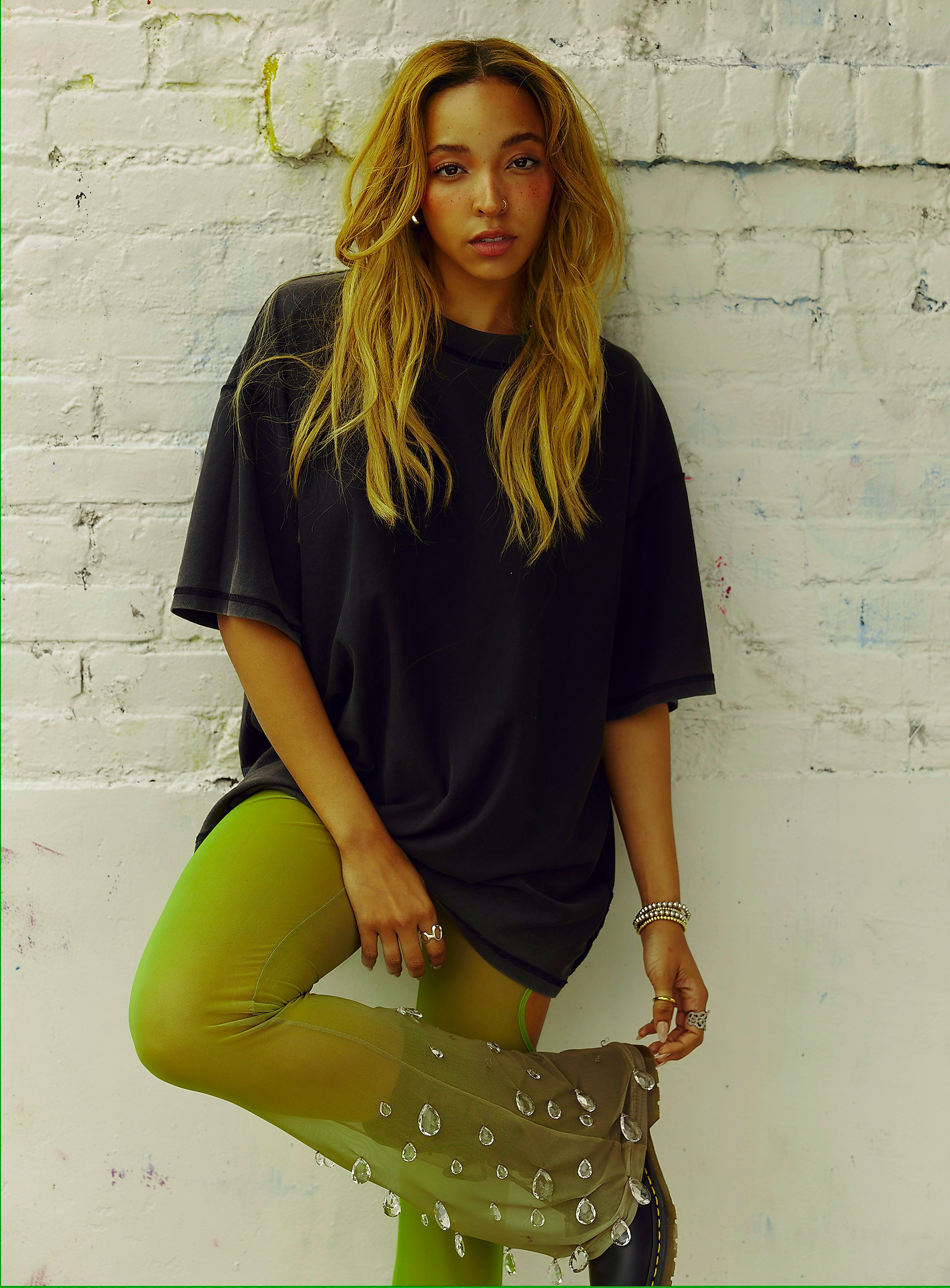
Tinashe: The Velvet Rope by Janet Jackson (1997)
This is my all-time favorite album. It serves as inspiration for crafting a perfect album, showcasing a wide range of genres and sounds. The album explicitly champions freedom, and Janet’s advocacy is truly remarkable.
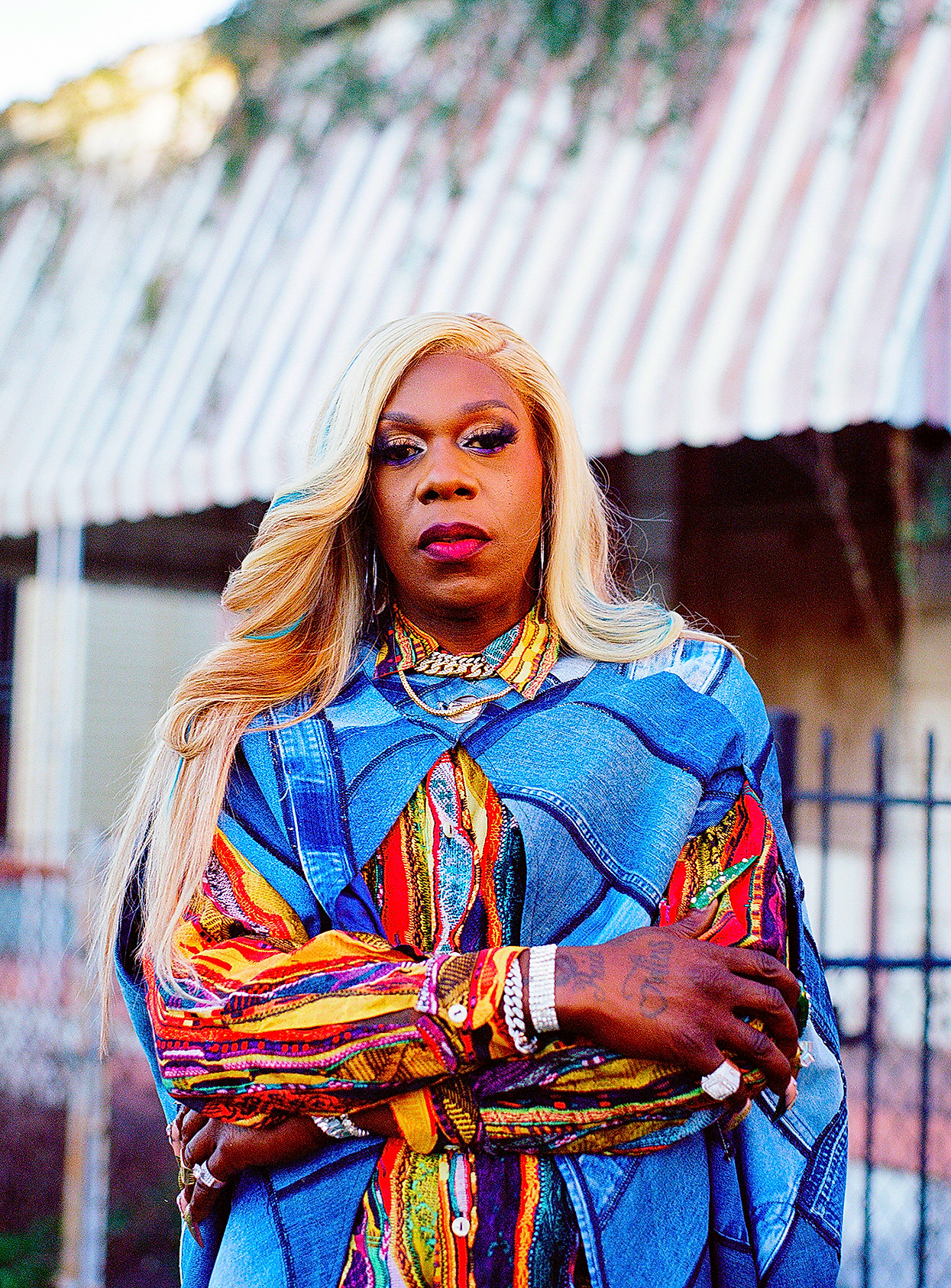
Big Freedia: The Music of Sylvester, Queen of Disco (1977–1988)
Music is my artistic expression, inextricably linked to my identity. While several albums influenced me, Sylvester’s stands out. His debut album featured some of the first unapologetically gay music I encountered, a profoundly transformative experience. I’m unsure which album I heard first, but I recall it was in a club. As a teenager in the early 1990s, I’d sneak out with friends to experience music. Gay clubs opened up a whole new world for me. “You Make Me Feel (Mighty Real)” and “Dance (Disco Heat)” were frequent staples, and hearing him sing instilled pride. It sparked my desire to pursue music as a career.
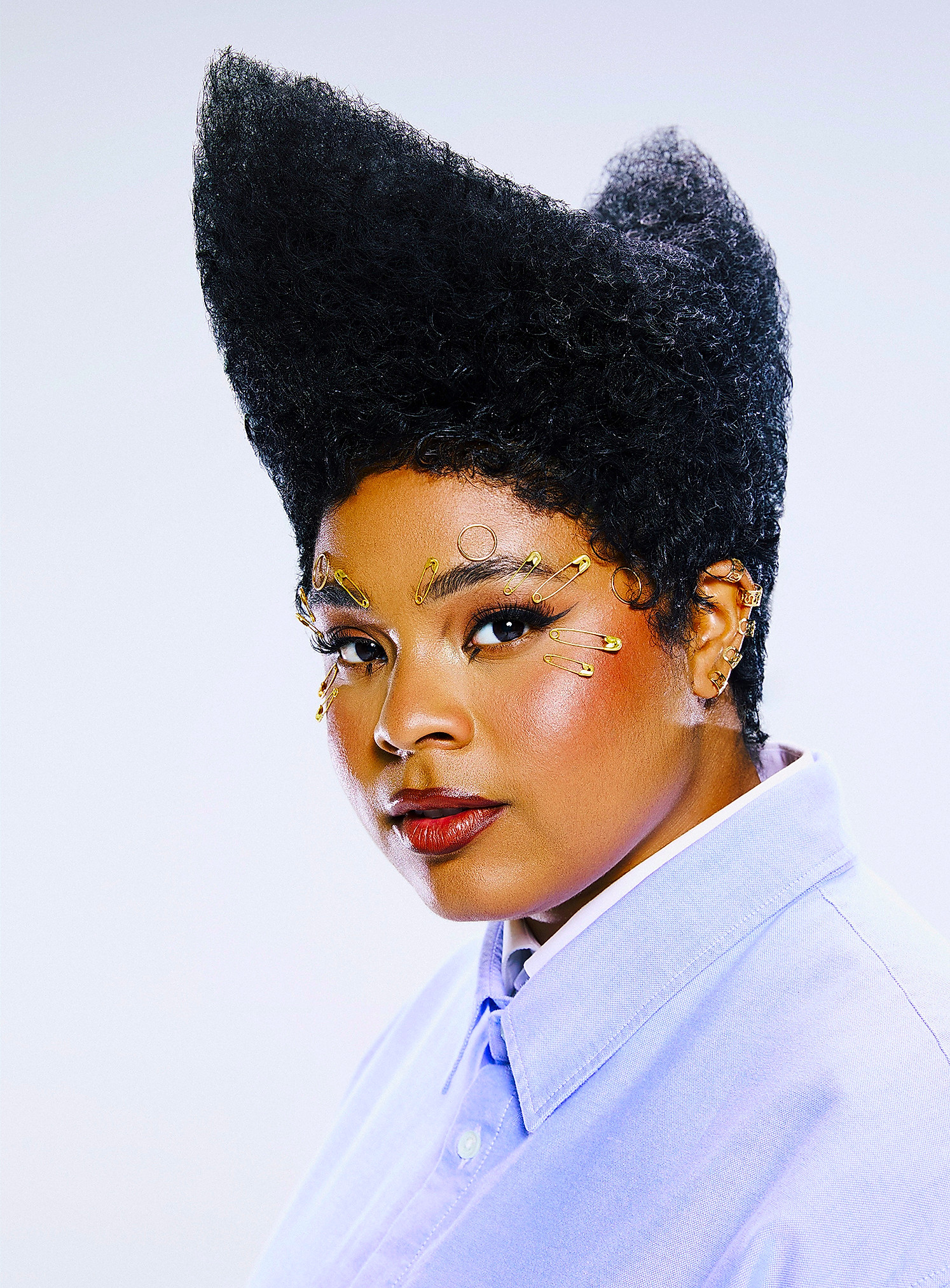
Tayla Parx: I’m Not Your Man by Marika Hackman (2017)
Marika Hackman’s 2017 album, *I’m Not Your Man*, particularly the song “Boyfriend,” significantly influenced me artistically and personally. I was captivated by the video and lyrics, relating to it as a queer person attracted to straight women. Thankfully, that phase has passed. The album’s diverse influences kept me fully engaged.
I discovered it a couple of years after its release, and my memories are largely tied to the people in my life at that time. During the COVID-19 pandemic, we collaborated over FaceTime, which was exciting. It’s interesting to see how it has inspired me in recent years.
Music serves as a friend, therapist, and so much more. Many incredible artists have made me feel seen and heard through their lyrical honesty. For a queer person, that can be invaluable.
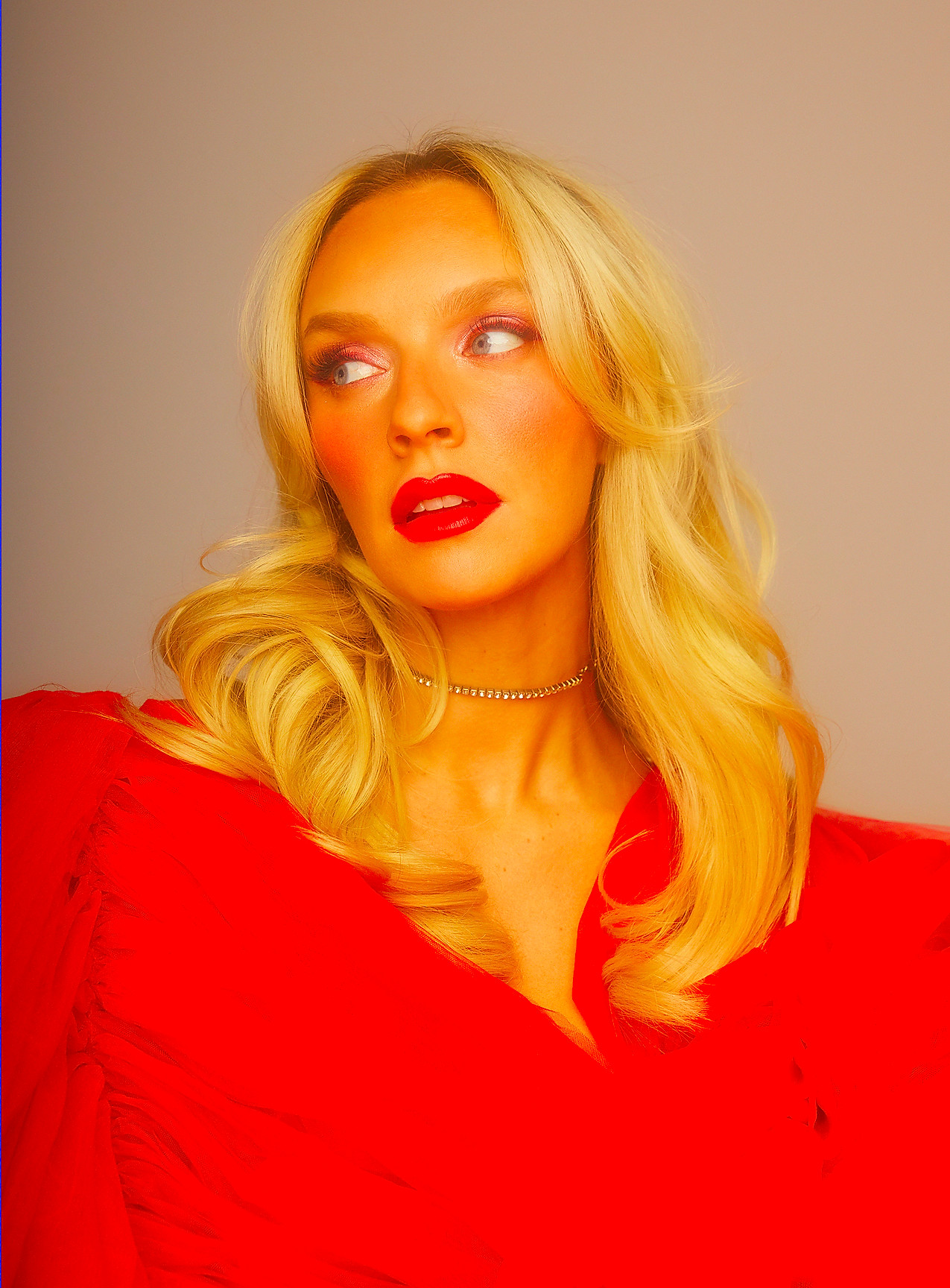
Zolita: The Fame Monster by Lady Gaga (2009)
Listening to queer artists helped me understand, accept, and embrace my queerness. It gave voice to emotions I couldn’t express while coming out.
The Fame Monster, the album and music videos, deeply influenced my career. Seeing someone openly embrace their queerness and individuality on a mainstream stage was transformative, and I’ve found lifelong friends within the Gaga fandom. I first heard “Just Dance” on the radio in a carpool after school and was instantly captivated.
One of my best memories is attending the Chromatica Ball in 2022 with fellow Gaga fans, singing along to songs that resonated with our shared queer experiences. It was incredibly uplifting.
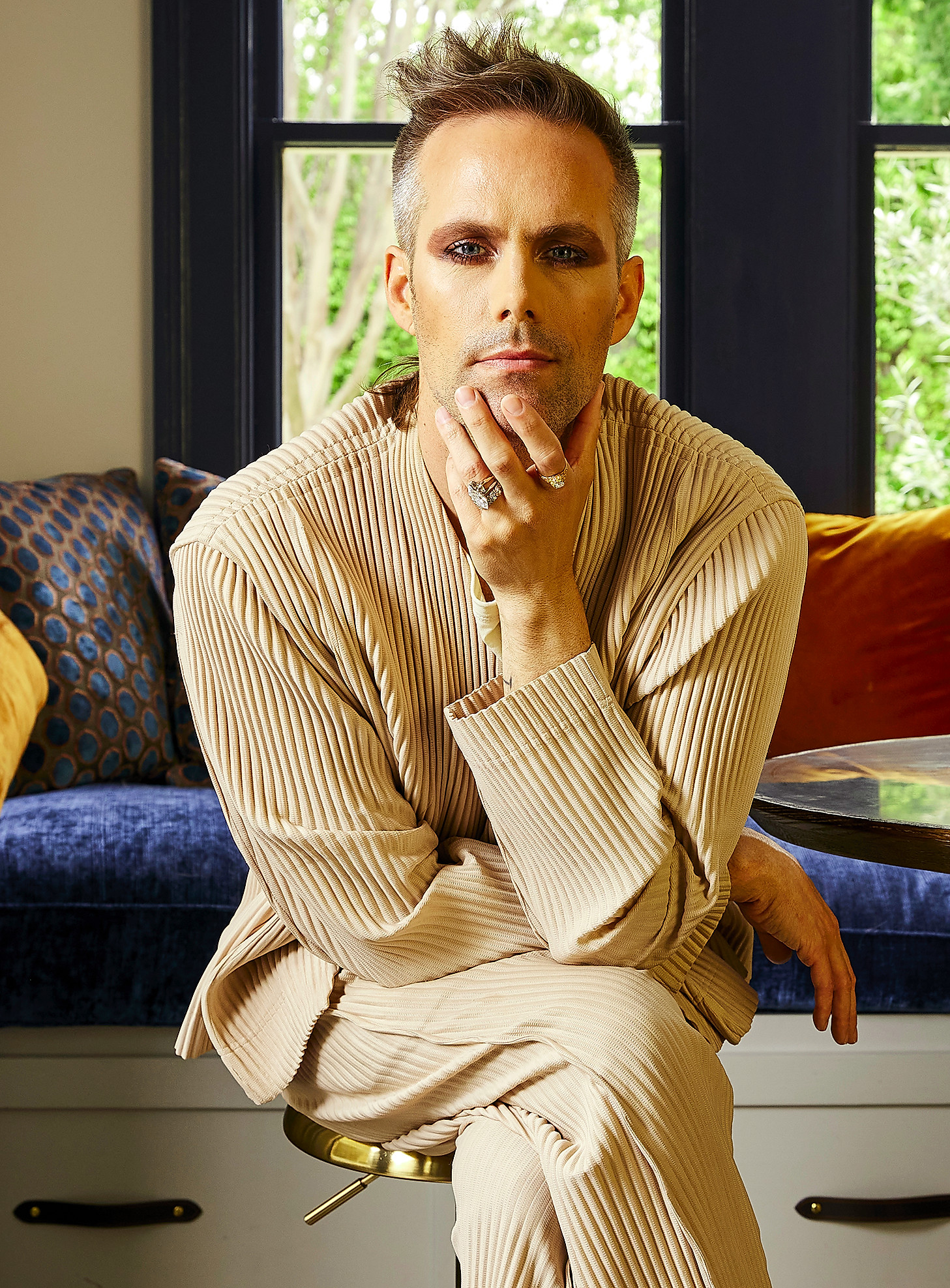
Ani DiFranco: Little Plastic Castle (1998)
Little Plastic Castle wasn’t the first Ani DiFranco album I heard; friends gifted me *Dilate* previously. However, *Little Plastic Castle* was astonishing. Songs like “Two Little Girls,” with their dark yet romantic depiction of queer love, “Fuel,” its political and country elements, and “Swan Dive,” its message of self-reliance and independent success, particularly resonated with me as a young queer person striving to create their own world.
I distinctly remember first hearing this album. I purchased it from Tower Records in Chicago on my way home from school and listened to it on my Discman during my commute. The daily hour-long train ride to and from school was often filled with this album. One memorable moment involves listening to “Fuel,” a spoken-word piece that explores political themes. On one occasion, some women on the train, stern businesswomen, gave us, a group of alternative queer youth, disapproving looks and comments. In response, we began reciting “Fuel” in unison, performing the entire poem.
Music and queerness have always been intrinsically linked, providing a sense of community and shared appreciation among queer individuals. A song I co-wrote, “Good Luck, Babe!”, with Chappell Roan, is currently gaining popularity, highlighting the power of queer expression in music for creators and audiences alike.
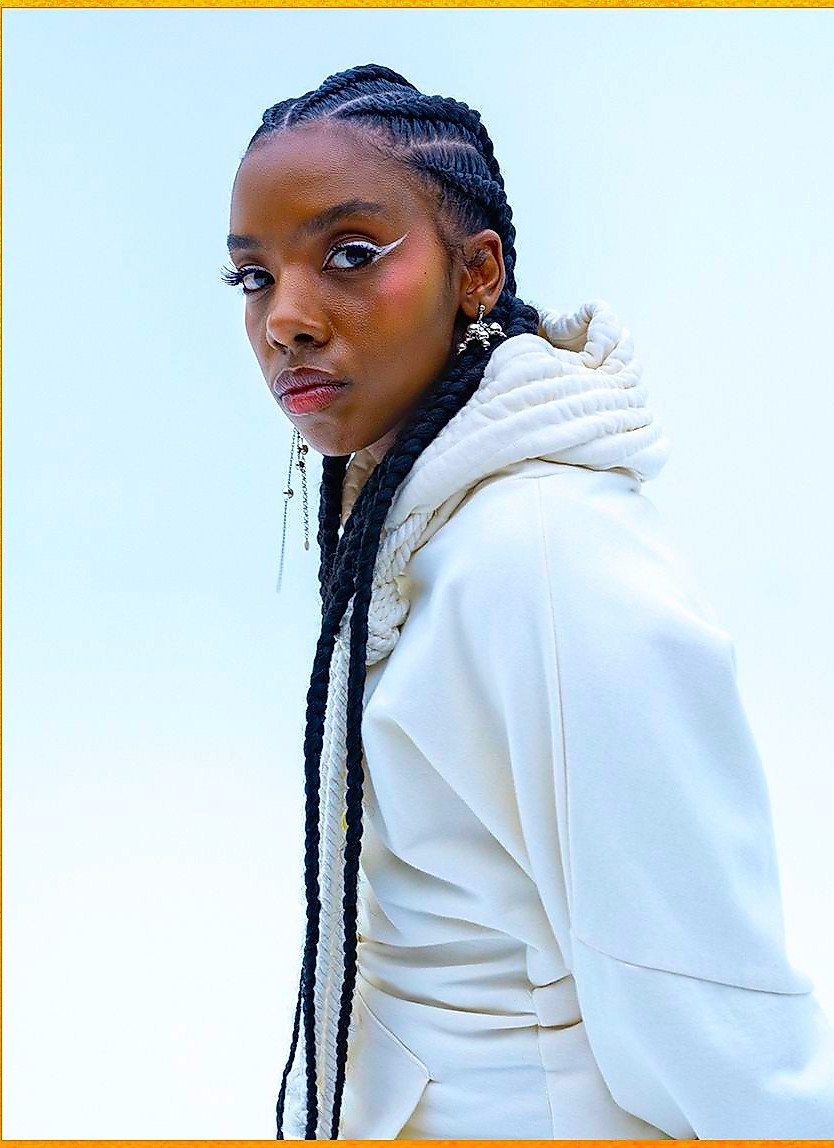
Dua Saleh: The Emancipation of Mimi by Mariah Carey (2005)
The Emancipation of Mimi significantly shaped my musical taste. It’s emblematic of Pride because gay people adore Mariah Carey, and I am, indeed, gay.
This album defined pop and R&B in the early 2000s, influencing young listeners worldwide with its fresh and crisp sound. Carey’s precision and emotional impact are evident; her artistry is intuitive and brilliant, showcasing a mastery of storytelling and language. Her albums read like captivating books.
I first heard this album while driving with my mother. Many queer artists draw inspiration from their childhood, tapping into a time before societal expectations shaped their identities, creating music based on a particular feeling or atmosphere. I believe many queer artists view music through a child’s perspective. The curiosity that trans and queer individuals possess for authentic existence in the world is often associated with childhood, but this pursuit of knowledge needn’t cease. I appreciate that period of my life for its authenticity, but I value my current life more for both its truthfulness and informed perspective.
Music’s presence at Pride celebrations, particularly the parades, is a significant reason for its importance to me. The joyous, overflowing music is a testament to the vibrant LGBTQIA+ community, and I am honored to be part of it.
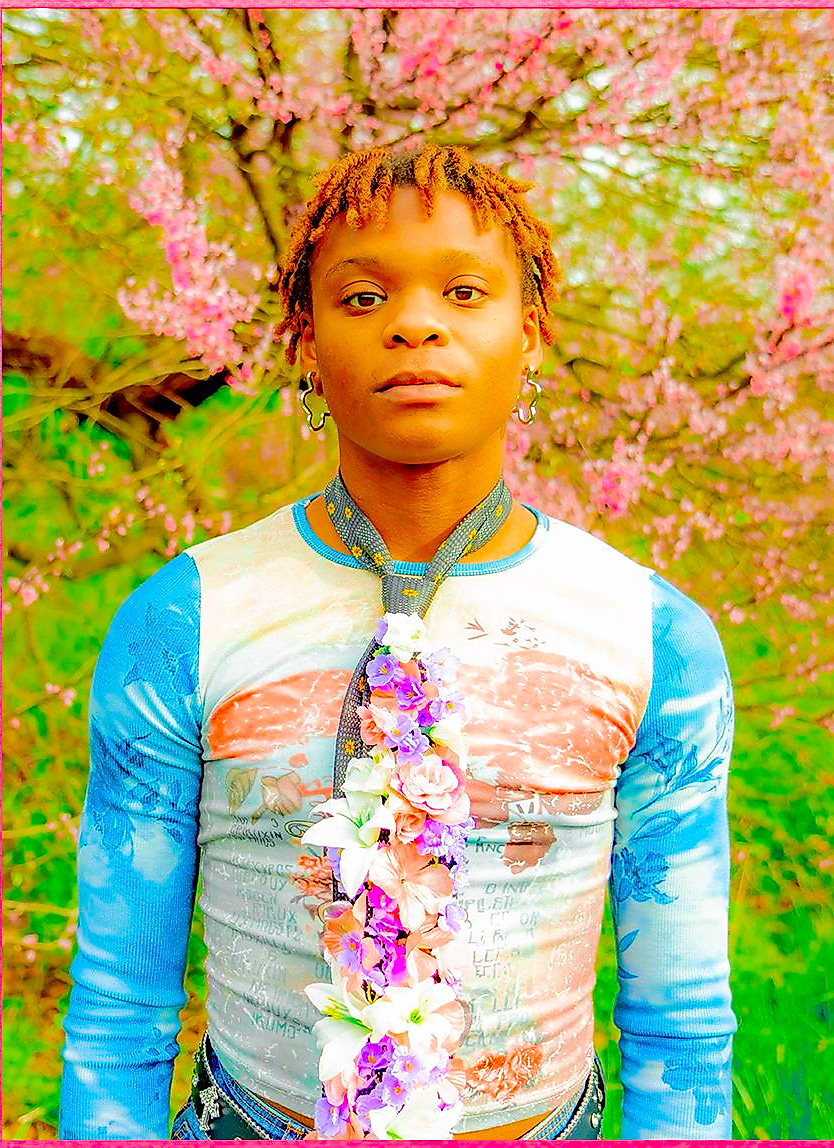
Dreamer Isioma: Princess Forever (2023)
This might sound typical of a Leo, but my most recent album, *Princess Forever*, holds significant meaning for me. I recorded it during a new phase of my transition. It’s incredible how wearing a pink spacesuit led to international performances. It also required courage to release queer love songs as a Nigerian artist, and I am not apologetic to those who might disagree.
While I don’t recall exactly where I first heard it, fans tell me they often listen while using psychedelics. I was on shrooms during the album release party. Witnessing many Black queer individuals feel safe and joyful brought me to tears. I cherish my community.
Pride is about freedom and self-expression, as is music. I’ve been celebrating throughout the month with exuberant dancing. This is for my ancestors; I imagine my gay uncle from 1738 would have adored Doechii.
